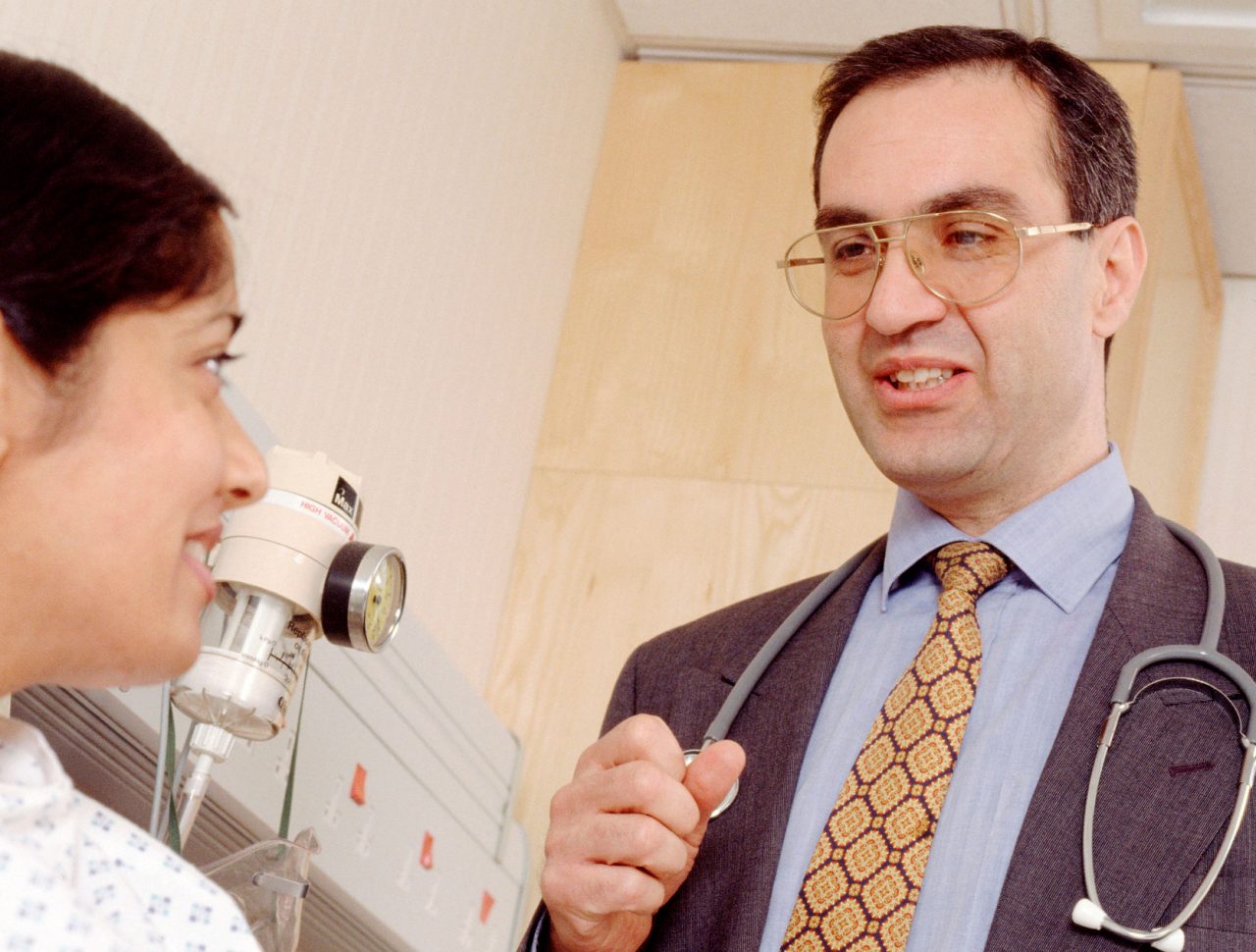3 Questions to Ask Your Doctor About His or Her Orders

Patients, trusting the authority of their doctor, sometimes agree to tests and treatments that could hurt them. Here are three questions you should ask your doctor.
On their way to becoming doctors, medical students pledge, “Primum non nocere,” or in a rough English translation of the Latin phrase — “First do no harm.” This oft-quoted axiom reinforces the notion that medical care, no matter how well intentioned, carries potential risks.
Despite their rigorous training, doctors can make “knee-jerk” decisions that could potentially harm more than heal, asserts David L. Katz, MD, founding director of the Yale-Griffin Prevention Research Center. And patients, trusting the authority that comes with a white coat and stethoscope, sometimes agree to tests and treatments that could hurt them.
YOU MIGHT ALSO LIKE: Taking an Active Role in Your Health
Katz cites, as one example of the first do no harm principle, a patient he treated who had fluoroquinolone syndrome — a collection of severe reactions to the class of antibiotics that includes ciprofloxacin (Cipro), levofloxacin (Levaquin), and moxifloxacin (Avelox).
Although the patient in question needed an antibiotic, using a powerful, broad-spectrum quinolone was like going “after a fly with an elephant gun,” according to Katz.
The potential for overtreatment
As screening tests and medical treatments have improved, they’ve led to the common misperception that the more tests and treatments we have, the healthier we’ll be. Yet this line of thinking isn’t necessarily true. Katz points to a study in JAMA, which found that older adults are often screened for prostate, cervical, and other cancers, even when their life expectancy is shorter than five years.
People who undergo screening tests late in life may not have enough time to benefit from aggressive cancer treatment. Meanwhile, colonoscopies and other screening tests carry risks, particularly for older adults. Over screening, “not only increases healthcare expenditure but can lead to net patient harm,” the authors of the study wrote.
Katz also points to a study in Critical Care Medicine that illustrates how providing “futile treatment” — in other words, giving critical care to patients who have no hope of surviving — diverts resources away from patients who stand to benefit from care. “The misallocation of resources in this case is again the product of inertia, going with the prevailing flow, or — reflex,” he asserts.
Three questions for your doctor
Whenever your doctor recommends a test or treatment, Katz suggests asking three questions to ensure you’re getting the appropriate care.
Why?
Find out why your doctor is making the recommendation. What condition does he think you have? How does the test he’s suggesting diagnose this condition? How does the treatment work? How effective is it? Do you absolutely need this test or treatment? Will the test provide information that will substantially alter the treatment plan?
What else?
Chances are another treatment exists for your condition. Quinolones aren’t the only antibiotics that combat bacterial infections. Your doctor has other several classes from which to choose.
If you’re contemplating a test, ask about alternatives. For colorectal cancer screening, stool tests are much less invasive than a colonoscopy. Ask about your other options, and how their benefits and risks compare to the one your doctor has recommended.
Then what?
Once you’ve had this test or treatment, what happens next? Could a positive cancer test result lead to a risky operation that isn’t likely to yield a meaningful increase in lifespan? Will a CT scan provide enough valuable information to offset the cost and radiation exposure? Are you willing to assume whatever risks the next steps in treatment will bring?
Choose wisely
You have the right to question your doctor’s suggestions. Doctors aren’t perfect; no one is. They can make mistakes. Some providers are more up to date on the latest research than others and are happy to answer your questions and appreciate your interest and involvement in your treatment.
If your doctor doesn’t want to answer your questions or explain your condition or treatment plan further, it might be time to find another.
If you have questions or concerns about your doctor’s advice, seek a second opinion.
Updated:
September 06, 2023
Reviewed By:
Christopher Nystuen, MD, MBA